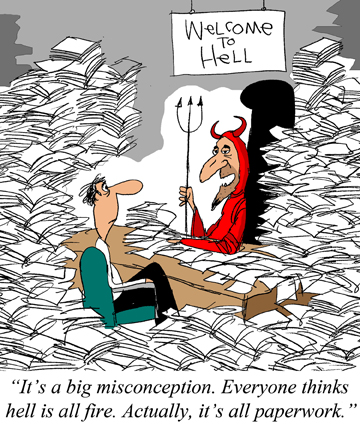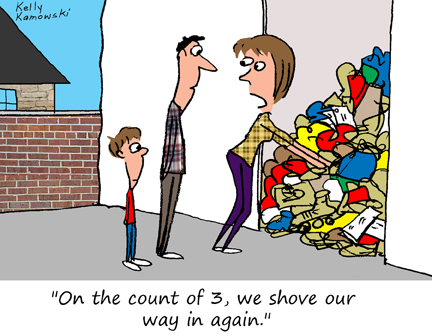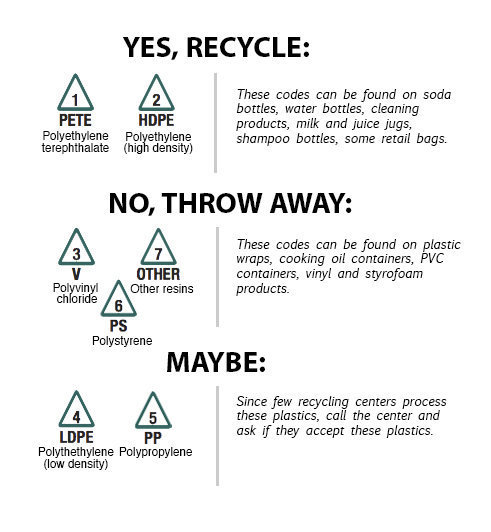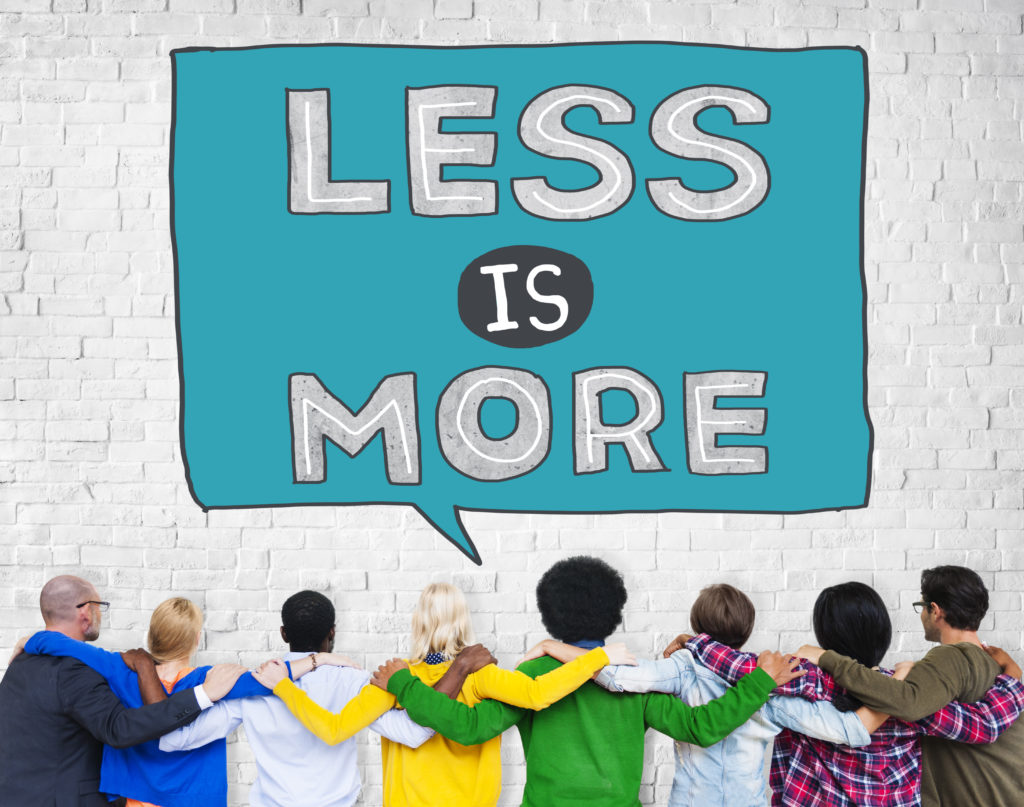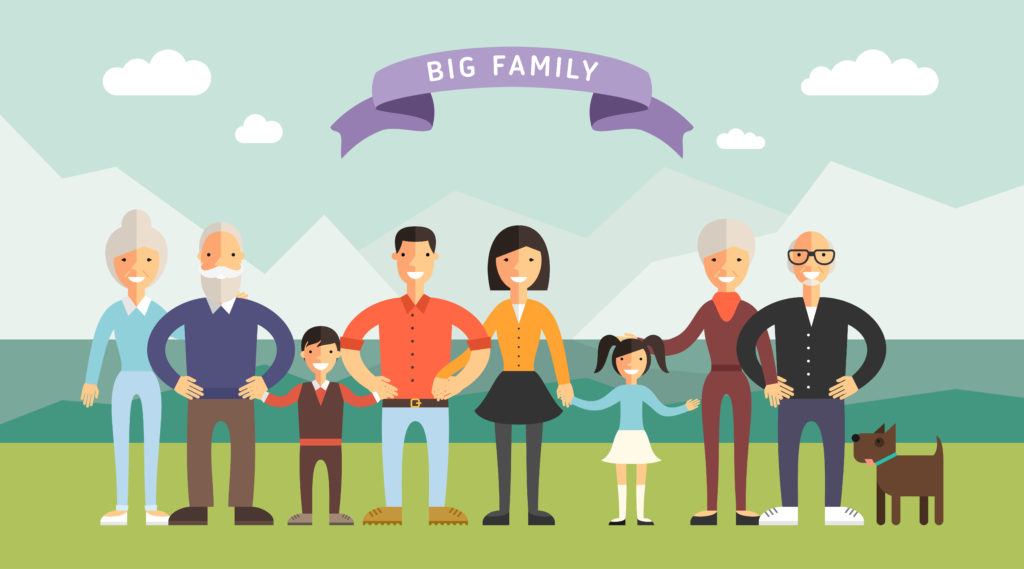The other day I decided to organize my one and only recipe binder. Most recipes I look up online. A few I take from cherished cookbooks and an old 3-ring, 1-inch recipe binder I’ve had for years. I found myself wanting to organize the binder recently after it took me a little too long find a recipe I needed.
When I started the process of organizing the binder- emptying the contents, sorting each recipe by category, disposing of the ones I knew I would never make again, then putting them back in order – I thought to myself, “I really don’t feel like doing this right now.”
Being organized is all about developing an organizing habit. It requires a thought, a motivation, an acton and a result.
Developing an organizing habit comes from a desire to continually survey your environment and be willing to improve your surroundings so you can function on a day to day basis with more ease.
It takes a willingness to regularly decide whether or not this thing or that still serves you or adds value to your life. Once decided, it then should be followed up with action – a choice to retain and store it logically and aesthetically, or to let it go to to find a new life somewhere else or to dispose of it safely and conscientiously. It’s not easy. Even sometimes for an organizer.
I had no strong motivation, nothing forcing me to undertake this little project. I also realized if I wanted to find a recipe in the binder, I still could, if I was willing to tolerate the inconvenience of looking for it (I was). There were other more pressing priorities in my life. I’d just returned from a trip to New York and was still adjusting to the time change and catching up on my to-do list.
Now back home, I realized, “I’m tired.” I thought it would be nice to get this done, but it wasn’t really necessary right now. I can live with it the way it is. Further, I just didn’t have the bandwidth to make decisions or take on any actions. This, I thought, is just how my clients feel.
It’s nice to be organized but let’s face it, it’s not always easy to get organized. When do you really have to get organized? It differs for everyone but in general here are some reasons you don’t have to get organized:
- If what you want to organize is good enough and still usable (like my recipe binder)
- If you (and your family or housemates) can still find what you need when you need it without too much effort
- If you are okay with your home looking “lived in” and doesn’t have to look like it’s staged for sale
- If you are not regularly losing things, paying bills late, incurring late fees, or paying for things you already own and can’t find
- If you and your family are not fighting over the clutter in your home
- If you are not feeling stressed every time you open your closet
- If you are enjoying your life to the fullest
Here’s when you probably should think about getting organized:
- When you are selling your home or moving
- When you are planning a remodel
- When you or a member of your family has to downsize for their own safety
- When you feel the stress of your paper or physical clutter impacting your wellbeing or mood more days than not
- When you and your family are arguing over the clutter in your home
- When you realize you feel ashamed or embarrassed to have people into your home when you otherwise would
- When you’ve used up your storage space or can’t use your storage the way it was intended (e.g., parking your car in the garage)
- When you find yourself renting storage units for more than a year (this is a very costly way to defer organizing)
I frequently meet people who when they find out I’m a professional organizer will say, “oh, I need you!” but in fact they really don’t because they’ve learned to live with and tolerate their cluttered closets and messy garages. They put up with the fights with their kids or their spouses. Or they just don’t feel like doing it even when someone can do it for them because it’s one more thing on their to-do list.
Most people realize the time to get help is when the disorder exceeds their ability to tolerate the consequence. It’s when it costs them more in money or peace of mind to do nothing. Sadly, this is also when they are least equipped to take on the task. Like me in that moment with recipe binder, they are just too tired and there’s too much else they have to get done first.
Think you want to organize your office? What’s it costing you not to? What can’t you do now? How would it help you if you could find what you need when you needed it?
Want to organize your kitchen, living room or closets? What’s it costing you not to? Are you unable to prepare a meal? Are you fighting with your spouse because there’s no place to sit and play with your kids in your living room?
Are you feeling sick to your stomach every time you open a closet, cabinet or cupboard because the mess is unbearable?
Are you moving and waking up nights thinking about how the heck you’re going to get all the stuff from your 2,500 square-foot home into a 1,200 square-foot condo with no garage!?
I often say to my clients, don’t let the small stuff get in the way of the big stuff. What I mean by this is consider the cost of not taking action.
If it’s small, like my deciding not to organize my recipe binder right now, there is relatively little consequence. But if you defer taking action or decide you can do it all yourself, consider the cost to your health, your marriage, even your dreams and goals. For those large painful organizing projects that are impeding your life or causing you great stress, it’s not whether you can afford to do it, it’s whether you can afford not to.


